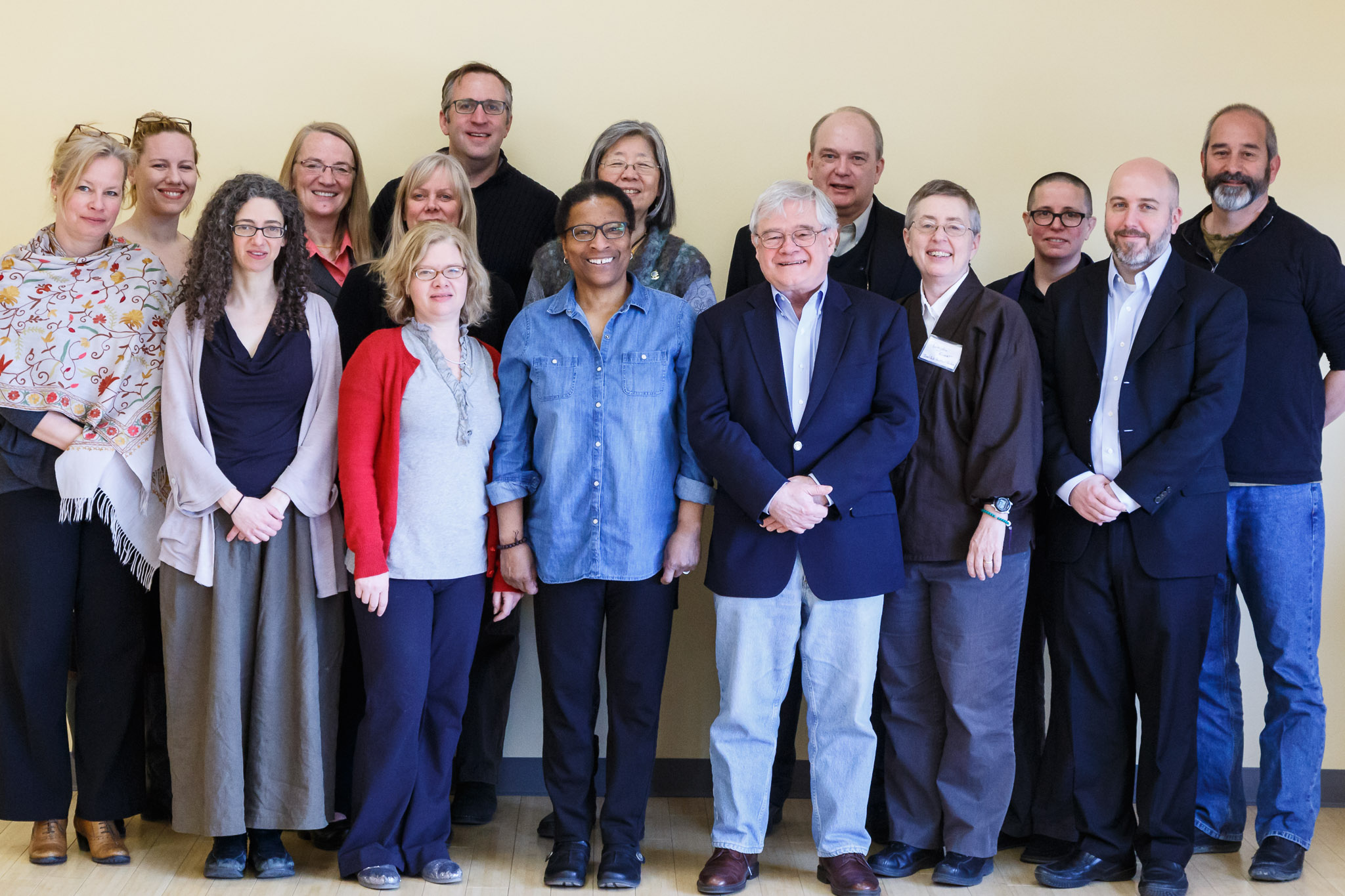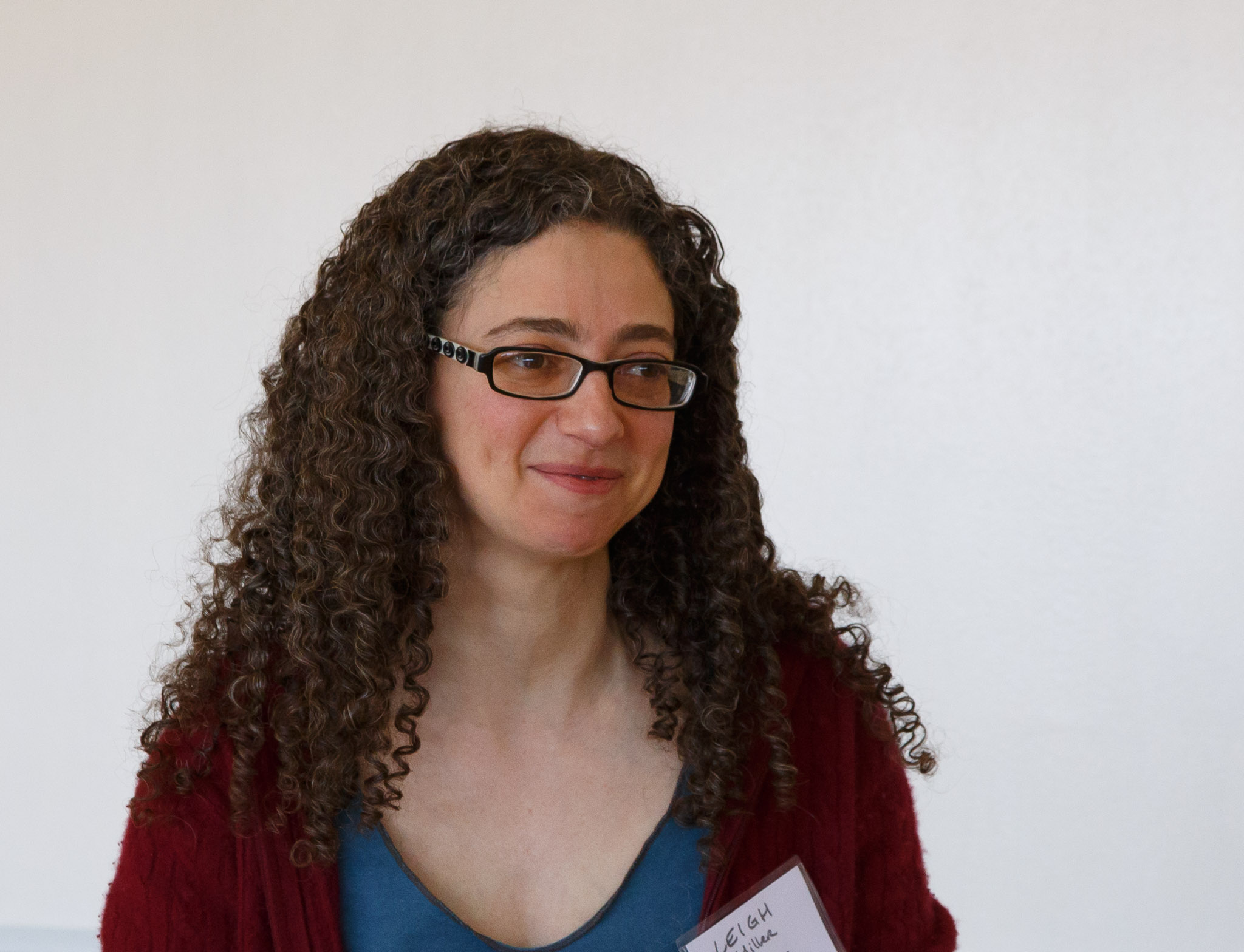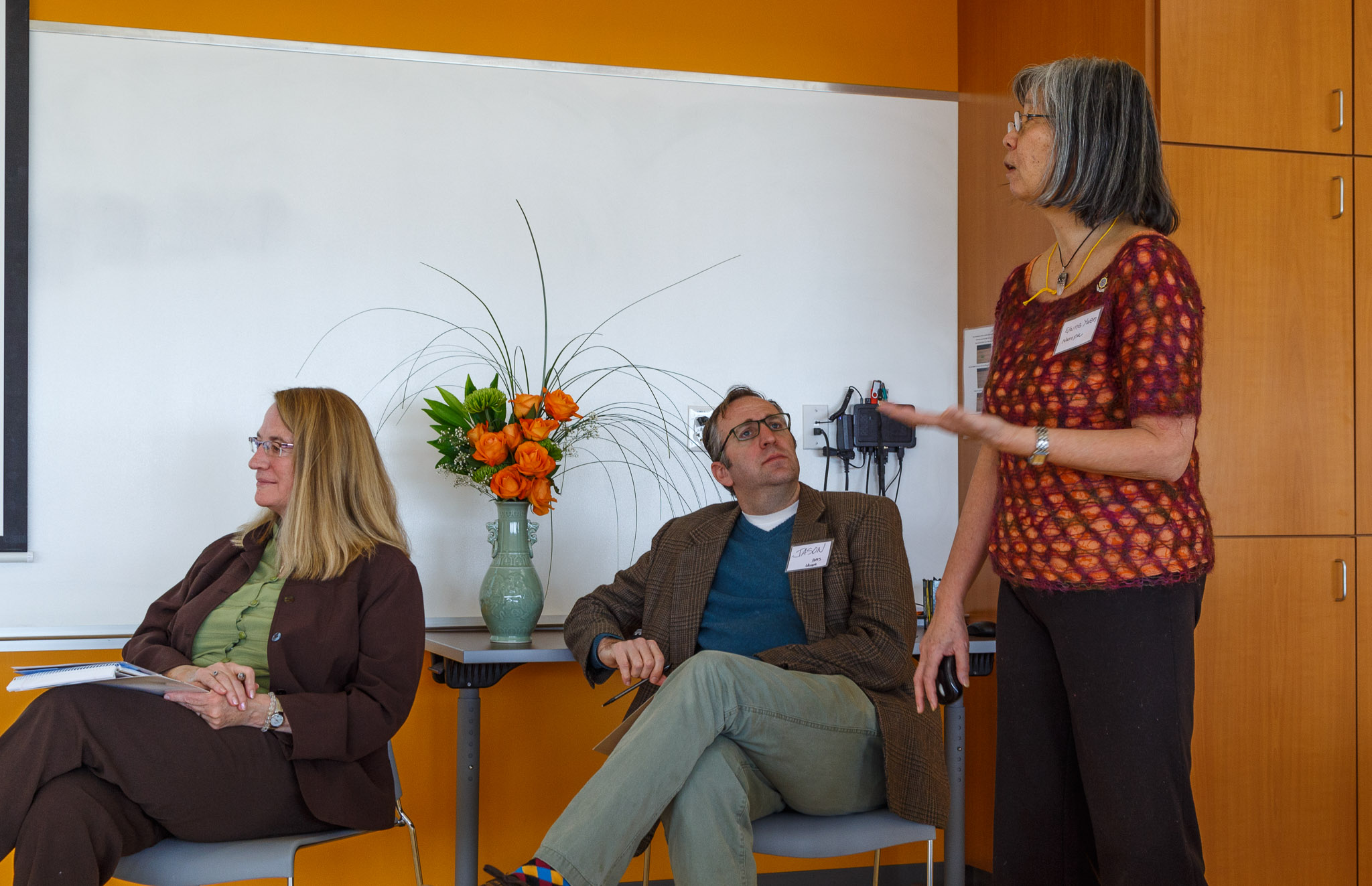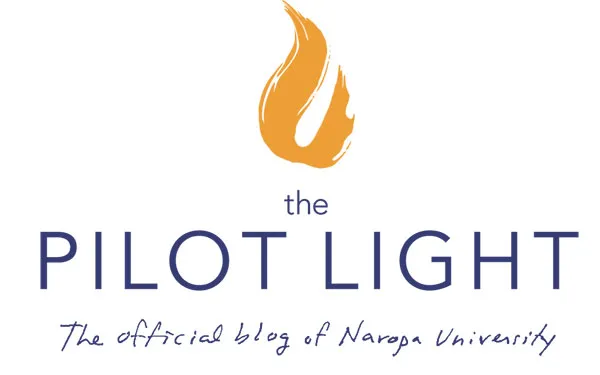
By Acharya Judith Simmer-Brown, PhD, Distinguished Professor of Contemplative and Religious Studies at Naropa University
Leaders of the five American Buddhist Masters’ of Divinity programs gathered at Naropa University February 12-14, 2016, to share information, identify key issues in the field of Buddhist chaplaincy, and find ways of collaborating in strengthening the profile of Buddhist ministry in the United States.
Representatives of Harvard Divinity School (Cambridge), Institute of Buddhist Studies (Berkeley), Maitripa (Portland), Naropa University (Boulder), and University of the West (Los Angeles) were joined by leaders from two dharma center chaplaincy training programs, Rigpa End-of-Life Care (International) and Upaya Zen Center (Santa Fe).
 The meeting was one of great collegiality, discovery, and depth. We found a common bond in our commitment to meditation practice, study, and service, and the collective experience in the field surpassed two centuries. These programs range in their history and location: Naropa’s program opened in 2001, while the other programs are more recent. However, there was tremendous resonance about the issues each program has encountered in its development, and we found support in the collective experience of the group.
The meeting was one of great collegiality, discovery, and depth. We found a common bond in our commitment to meditation practice, study, and service, and the collective experience in the field surpassed two centuries. These programs range in their history and location: Naropa’s program opened in 2001, while the other programs are more recent. However, there was tremendous resonance about the issues each program has encountered in its development, and we found support in the collective experience of the group.
Four areas focused our discussions: the balance between theology and applied theology in our curricula, spiritual formation of our students, the importance of inclusivity of religions, race, genders, sexual orientation, and ability in our faculty and study body, and institutional concerns such as ordination/certifications and the relationship with the Association for Professional Chaplains. We discovered that these discussions have just begun, and the group committed to pursuing our discussions further in future meetings.
Our core group is currently working on an additional meeting sometime in the next year, to be held either at Upaya Zen Center or at Institute of Buddhist Studies. Eventually we hope to develop an association for Buddhist chaplains and academically-trained ministers, and to share resources, author publications, and engage in faculty and student exchanges.
Learn more about Naropa’s Master of Divinity Program





